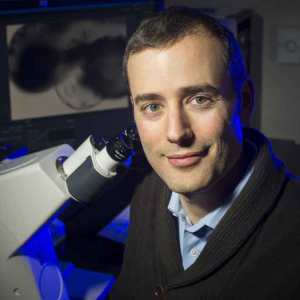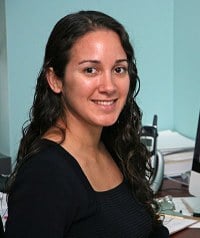On March 1, the National Institute of Environmental Health Sciences (NIEHS) announced the recipients of five awards, totaling $2.5 million, as part of the Outstanding New Environmental Scientist (ONES) Program. Endocrine Society members Daniel Gorelick, PhD, and Michele La Merrill, PhD, are among this year’s recipients of these highly-competitive grants. According to the NIH announcement:

Daniel Gorelick, PhD, of the University of Alabama at Birmingham, will study how pollutants, such as dioxins, use the aryl hydrocarbon receptor protein to cause toxic effects on the heart. Gorelick received his BA in music from the University of Pennsylvania in 1997 and his PhD in Cellular and Molecular Medicine in 2005 working in the lab of Peter Agre at the Johns Hopkins University School of Medicine. He was an NIH-NRSA postdoctoral fellow at the Carnegie Institution for Science, Department of Embryology, in the lab of Marnie Halpern. In 2008-2009, he worked as a science adviser in the US Department of State as a AAAS Science and Technology Policy Fellow. Gorelick joined the Department of Pharmacology & Toxicology at the University of Alabama School of Medicine in 2012.

The Endocrine Society appreciates the recognition by NIEHS of the contributions made by early-career endocrine scientists to the field of environmental health science. We congratulate Gorelick and La Merrill on their well-earned success and we look forward to the discoveries they will make that will help us understand how chemical exposures can cause harm.
The ONES Program was created to support exceptional early career scientists whose work examines how the environment influences human health.

